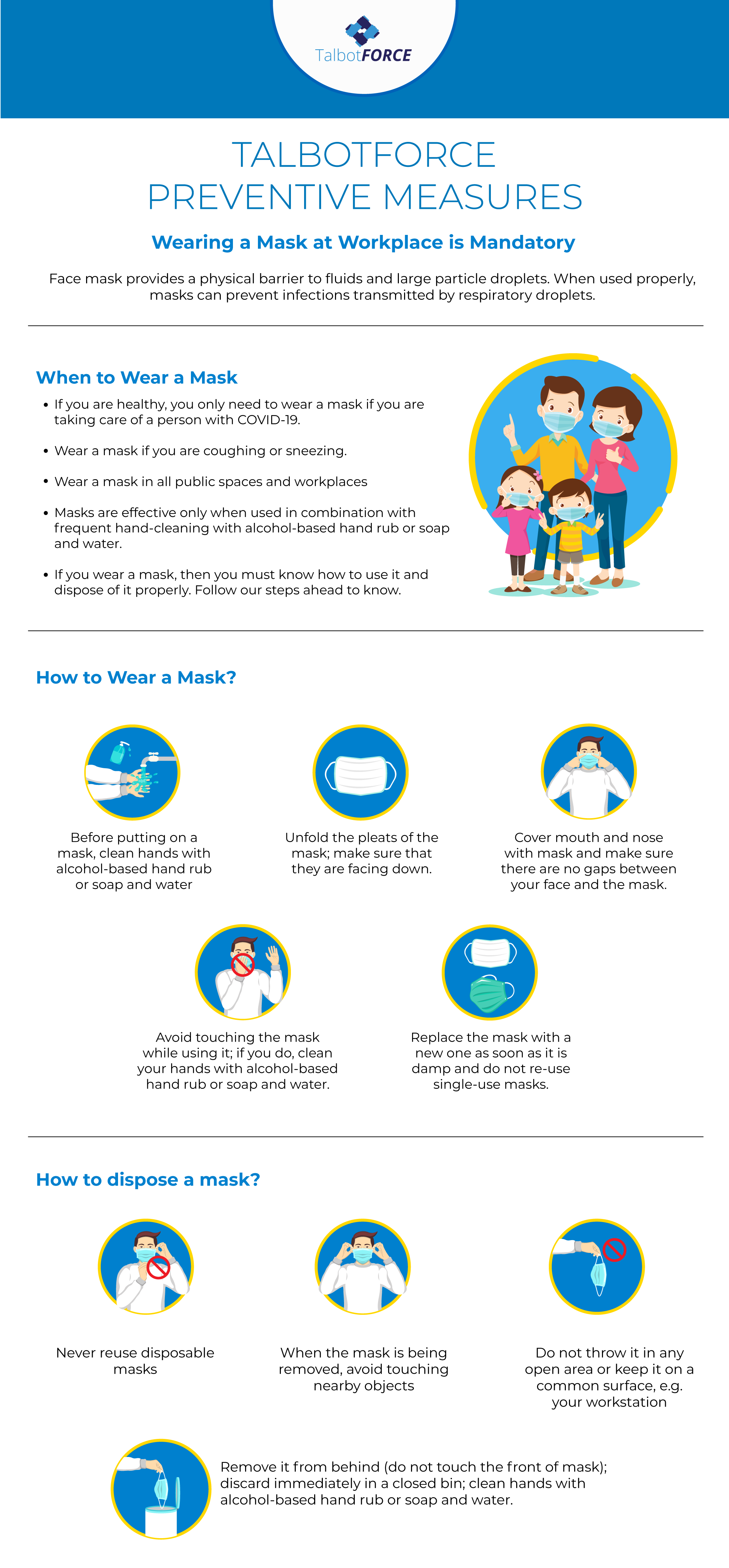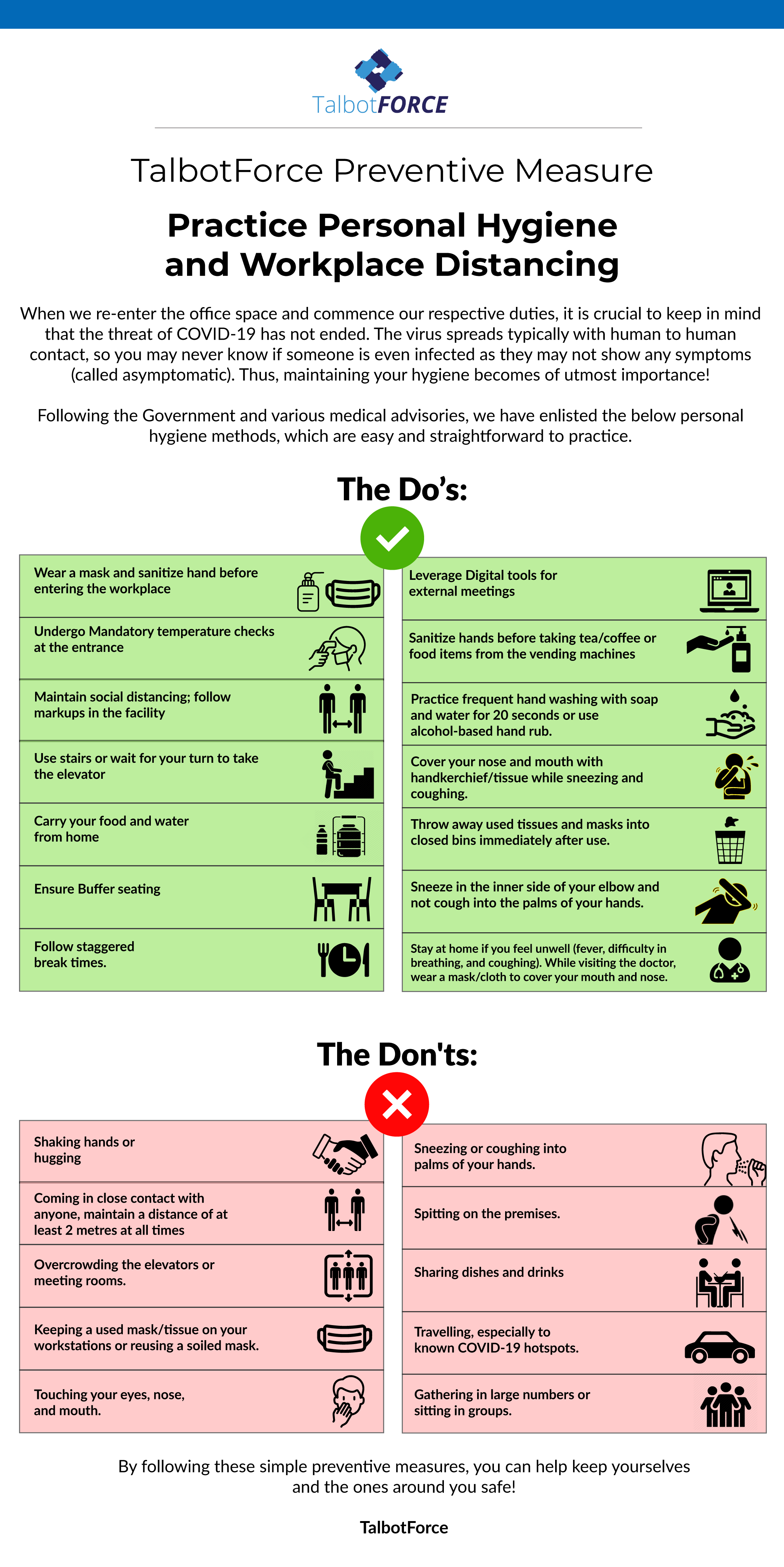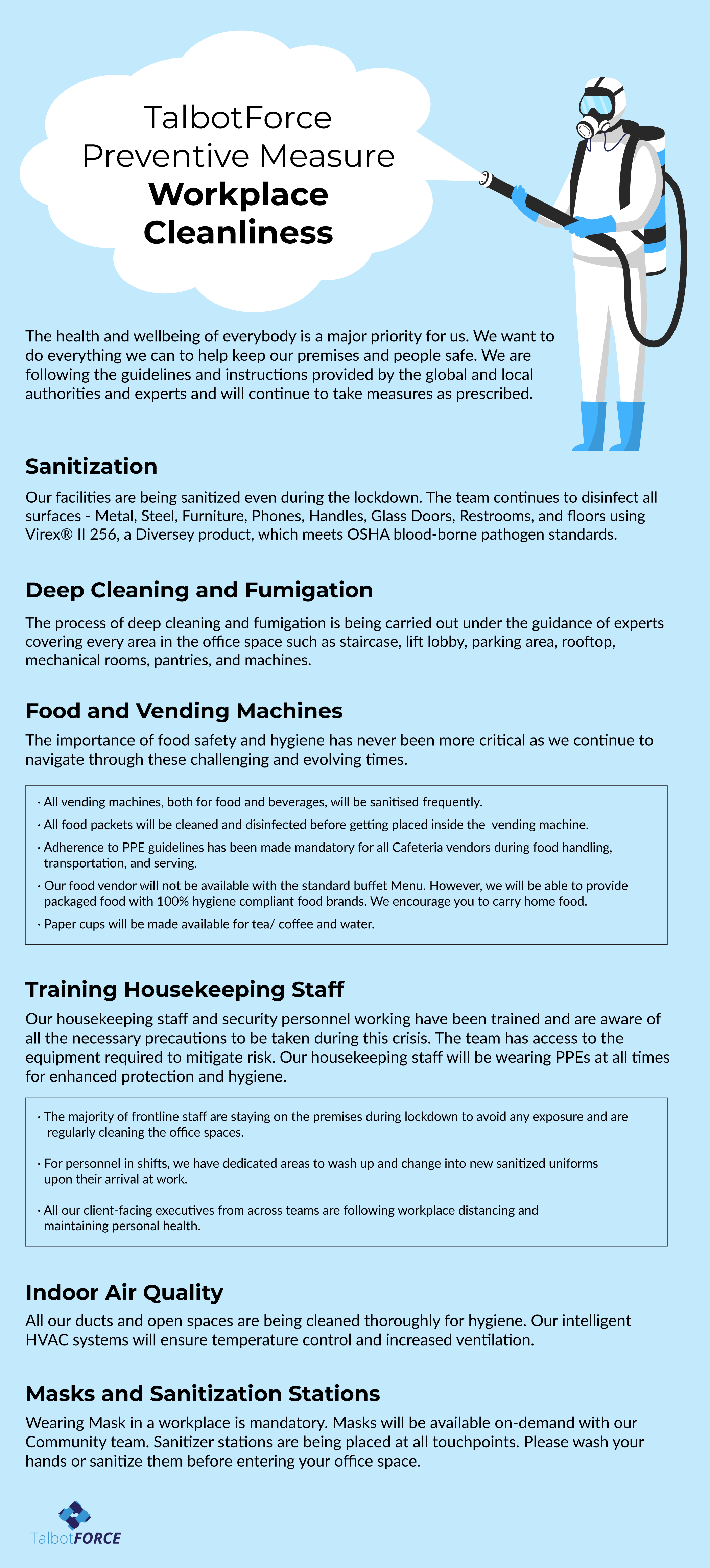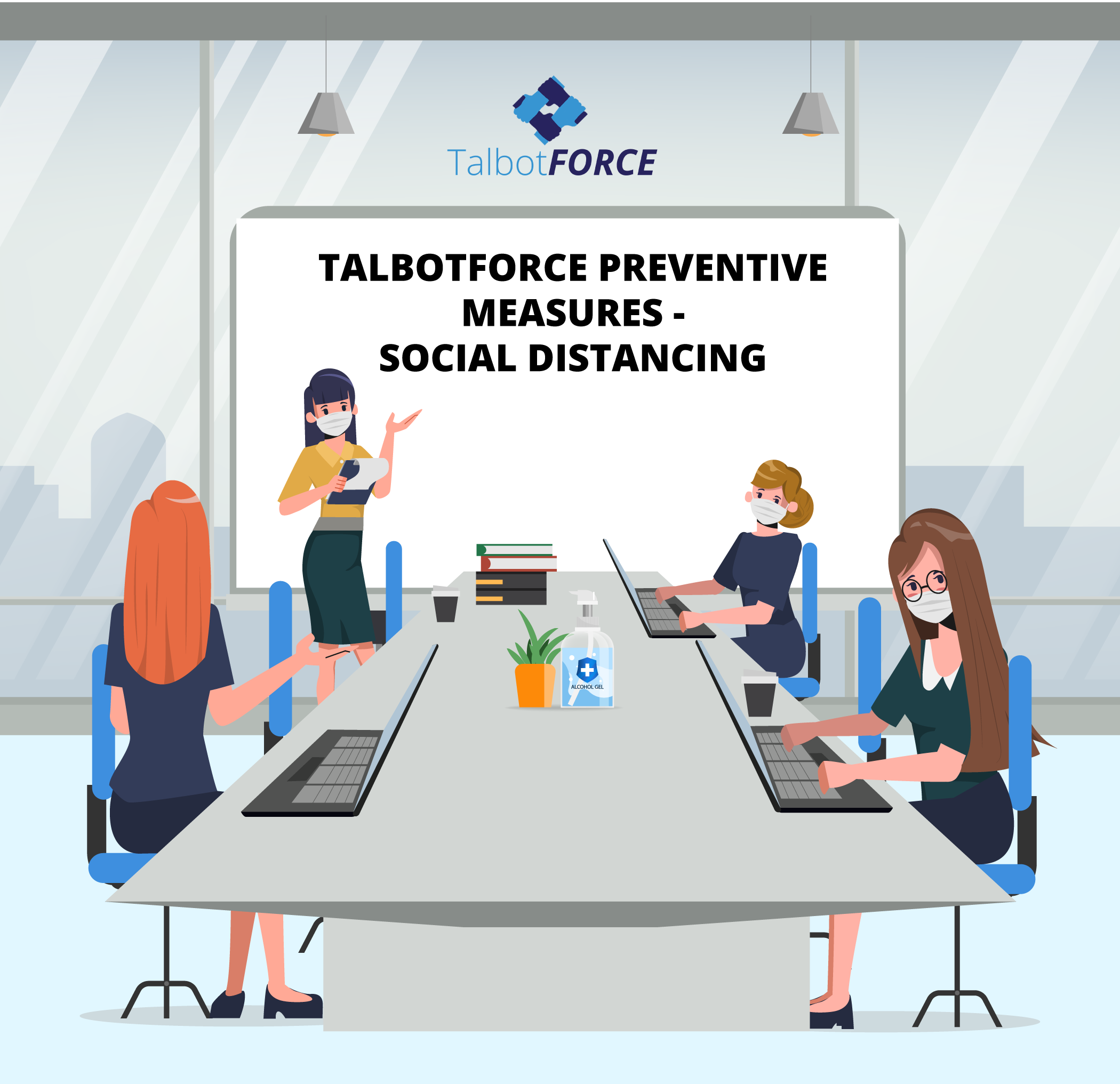For far too long, conversations around mental health have often focused on white-collar professions. The demanding nature of blue-collar jobs, however, can take a significant toll on mental well-being. Mental health is an important aspect that deserves attention and support.
It is thus essential to establish robust support systems tailored to their needs. In this blog post, we’ll explore the significance of addressing mental health among blue-collar workers and discuss effective support strategies.
The Unique Pressures of Blue-Collar Work
Blue-collar workers are the backbone of our industries. They perform physically demanding tasks, often in harsh environments, and face inherent risks of injury.
These factors contribute to a higher prevalence of stress, anxiety, and depression among blue-collar workers compared to their white-collar counterparts.
Here’s a closer look at some of the key stressors:
- Shift work and long hours: Many blue-collar jobs involve irregular schedules, night shifts, and long hours. This disrupts sleep patterns, which can negatively impact mood, energy levels, and overall health.
- Job insecurity: The blue-collar workforce is often more susceptible to economic downturns and automation. This fear of job loss can be a constant source of anxiety and stress.
- Limited access to mental health resources: Blue-collar workplaces traditionally haven’t prioritized mental health support. Fewer blue-collar workers have access to employee assistance programs (EAPs) or mental health benefits compared to white-collar employees.
- Physically demanding work: Construction workers, miners, and factory line workers often experience chronic pain, fatigue, and repetitive strain injuries. This physical strain can lead to feelings of burnout and decreased job satisfaction.
Building Support Systems
Establishing effective support systems is key to addressing mental health needs among blue-collar workers. Here are some strategies to consider:
- Promote Mental Health Awareness: Educating workers and management about the importance of mental health and destigmatizing conversations around it can encourage openness and help-seeking behaviour.
- Provide Accessible Resources: Ensure that workers have access to mental health resources and support services, such as counselling, hotlines, and employee assistance programs (EAPs). Make these resources readily available and easy to access.
- Training and Education: Offer training programs on stress management, coping strategies, and resilience-building techniques. Equip supervisors and managers with the skills to recognize signs of distress and provide appropriate support.
- Encourage Peer Support: Foster a culture of support and camaraderie among co-workers, encouraging them to look out for one another and offer support when needed. Peer support groups or buddy systems can provide invaluable emotional support.
- Flexible Work Arrangements: Consider offering flexible work schedules or time-off options to accommodate workers’ mental health needs. This could include allowing for mental health days, adjusting shift patterns, or providing opportunities for rest and recuperation.
The Benefits of Supporting Blue-Collar Mental Health
By prioritizing the mental well-being of blue-collar workers, organizations can reap significant benefits:
- Stronger employer brand: Companies that prioritize employee well-being attract and retain top talent.
- Improved employee morale and productivity: Mentally healthy workers are more engaged, focused, and productive.
- Reduced absenteeism and presenteeism: Addressing mental health concerns can lead to fewer missed workdays and a decrease in presenteeism (being physically present but mentally checked out).
- Enhanced safety: Stress and fatigue can contribute to workplace accidents. A focus on mental health can lead to a safer work environment.
Blue-collar workers are essential to our economy and deserve the same level of attention to their mental health needs as any other workforce segment. By fostering a supportive environment, providing access to resources, and promoting open communication, organizations can create a win-win situation for both workers and businesses.
Investing in mental health not only benefits individual workers but also contributes to a more productive, resilient workforce and a healthier organizational culture overall. Together, let’s work towards creating workplaces where mental health is prioritized and supported for all.










